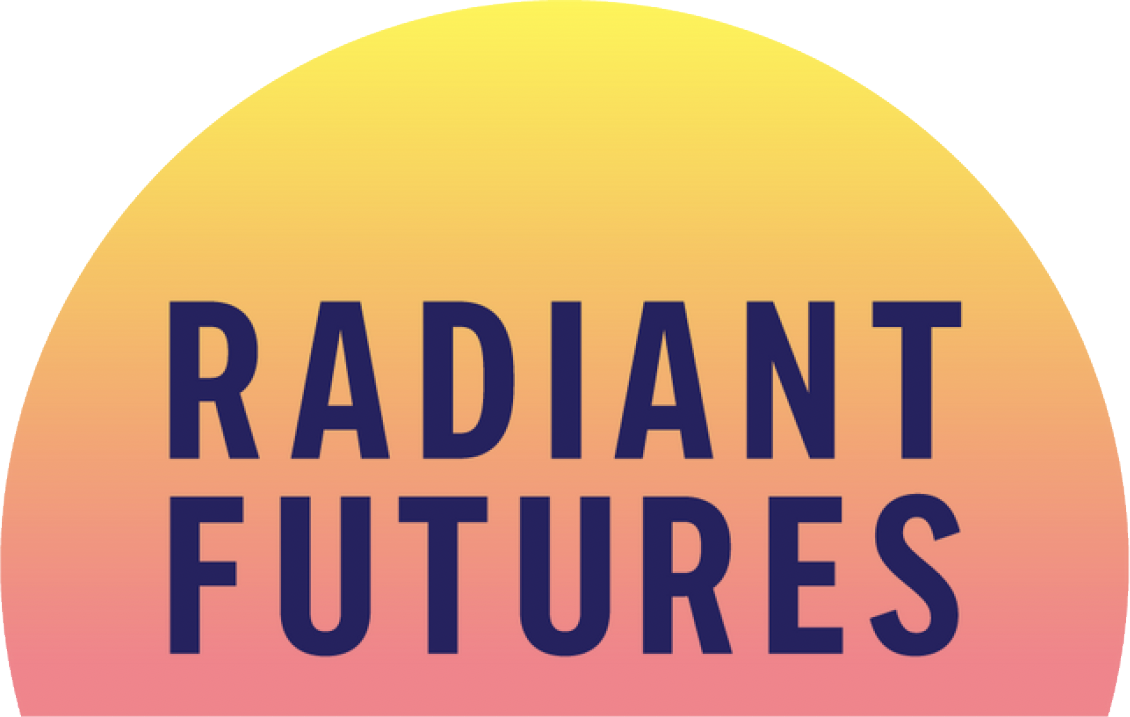In 2010, the National Intimate Partner and Sexual Violence Survey (NISVS) reported that members of the LGBTQ+ community experience domestic violence at equal or higher rates to straight, cisgender individuals. Yet the percentage of LGBTQ survivors who report their abuse or seek supportive services is relatively low. This is often due to the unique barriers this community faces when seeking support.
For some, reaching out for help may result in “outing” themselves to friends or family who did not know they weren’t straight. This may lead to breaks in family relationships or rejection from support networks. An abusive partner might even use this fear of being outed against the survivor, threatening to share the private details of their relationship if the survivor leaves.
LGBTQ survivors may also fear that they will not be believed even if they do reach out for help. Our society tends to make assumptions about what domestic violence looks like, and LGBTQ survivors’ experiences often differ from those expectations. For example, men in same-gender relationships have reported that finding help was difficult because the seriousness of their abuse was often dismissed, and that they were told that as men, they should just be able to defend themselves.
Survivors may also not know where to go for safe and affirming services. For transgender women especially, emergency shelters can be difficult spaces to navigate. A survivor might be afraid that shelter staff will ignore her gender identity and choose to house her in a men’s program. She might worry that she will be treated differently than the other women in the program, or even treated as an abuser because of harmful biases against transgender people.
Radiant Futures is committed to providing safe housing and supportive services to LGBTQ survivors of domestic violence and human trafficking. Our staff receive ongoing training to better support survivors throughout their journey, and our organization is a certified Safe Zone. Radiant Futures prioritizes ensuring safe, accepting, and accessible help is available to every survivor in our community, and we work hard to provide individualized care to every survivor who comes through our doors.

